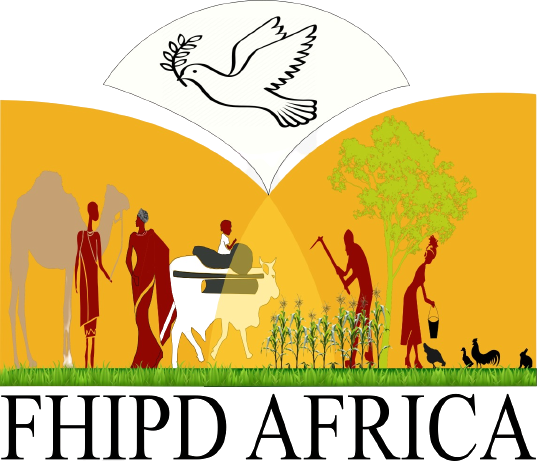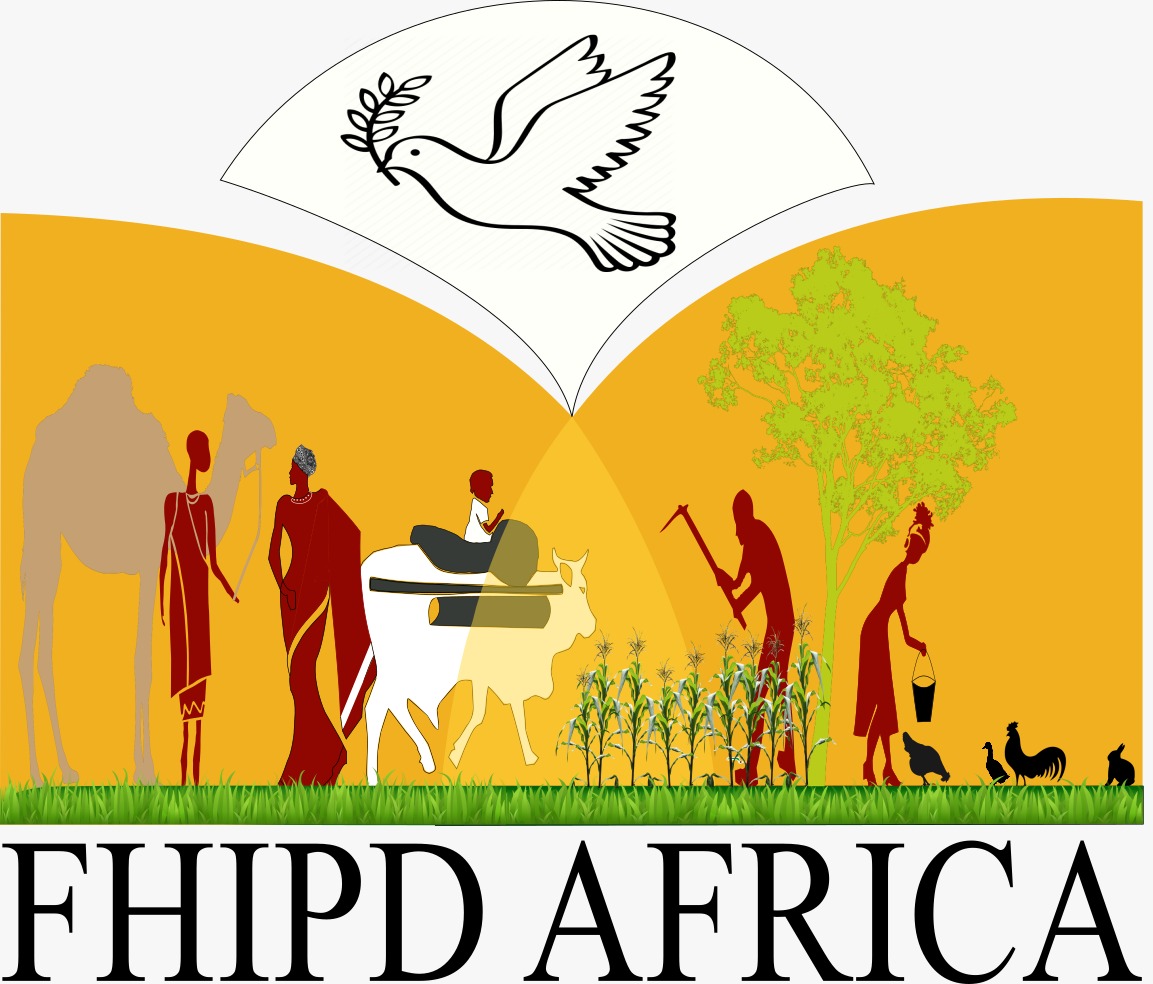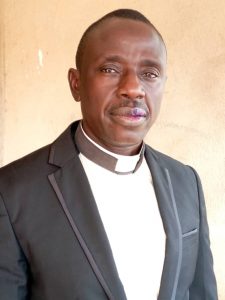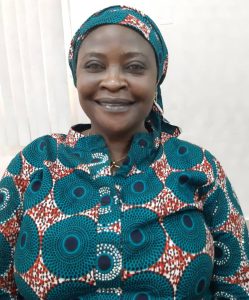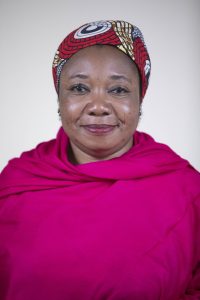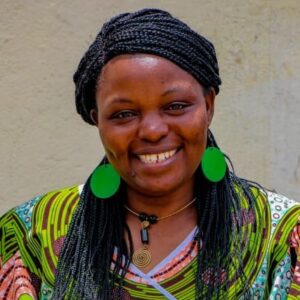What is The Farmers and Herders Initiative for Peace and Development?
The Farmers and Herders Initiative for Peace and Development (FHIPD) is an international centre that supports and promotes non-violent approaches to conflict transformation through a combination of research, community dialogues and action.
Women Farmers and Herders In Peace Building
We seek to end, reduce and prevent violence by convening and supporting community-level African women living and working in farmer/herder ethnic or religious violence hot spots.
We build their competencies to prevent, interrupt and resolve violent conflict through a range of means. These include capacity development programs, using new media technologies to link early warning signs to early responses, and facilitating inter-group dialogue.
The capacity development programs are on dialogue facilitation, conflict analysis, negotiation, leadership, mediation, conflict and genocide prevention.
The women reflect on ways to engage in decision-making roles in peace building. Those who have attended the dialogues have effected commendable change in what they do. Their experiences during violent conflict hold important lessons on how to effect change.
Religious and Traditional Leaders
A key part of FHIPD’s work supports Religious and Traditional African Leaders to:
Farmers and Herders Football Club.
The Farmers and Herders Football Club was created in line with the aspirations of FHIP-AFRICA in promoting non voilent approaches to prevention, mitigation and resolution of conflict as a precondition to peace and justice in Communities. FHIPD believes Youth can contribute to a peaceful Community through sports. This is particularly so sports teaches team work, resilience, cooperation, communication, focus, as well as appreciation of difference in regard to religion and ethnicity. These values are imbedded by FHIPD in everything including in selecting players for teams. The values are translated to real life scenarios I by the Youth to to accomplish communal goals for their Community or society as a whole.
The interaction, relationship and communication developed in a team can foster long lasting and beneficial interpersonal, inter religions and inter communal relationship amongst team players through out their lives.FHIPD-AFRICA is committed to this dream, and will continue to explore avenues for creating spaces within conflicting Communities for the exchange of ideas, resolution of differences and harnessing commonalities across individuals and groups.
What is the farmer/ herder conflict about?
What we are doing to inspire peace and development.
Farmers and herders initiated the creation of FHIPD as a response to the violent conflicts in the world between them. There has been a sharp increase in violence between farmers and grazers due to the high rise in population, among other factors. The work of FHIPD focuses on the transformation of such conflicts to peaceful co-existence.
FHIPD carries out meaningful programmes for conflict transformation, conducts research and produces publications on non-violent conflict transformation and the role of farmers and herders in ending conflict and building peace.
The main focus of FHIPD’s programmes is in Africa.
FHIPD’s conflict transformation work is based on an understanding that conflict is a natural part of societies that has the potential for both constructive and destructive change. FHIPD contributes to the strengthening of existing local capacities for conflict transformation through work with partners and by enhancing the preconditions for nonviolent conflict transformation. Research and community dialogue plays an essential role in FHIPD’s conflict transformation approach, both as a precondition for understanding the context of engagement and as a means for conflict transformation.
FHIPD’s work is carried out mainly through engagement with and support of civil society organisations, building strategic partnerships with national, regional and international organisations and networks, as well as linking up with international actors to support environments conducive to nonviolent conflict transformation.
FHIPD draws its identity from the experience of facilitating dialogues and building trust between ethnic and religious communities. This identity is crucial towards FHIPD’s success in promoting farmer-herder dialogues and cooperation for peaceful relations among people.
We stand for the following values:
Accountability
Integrity, transparency and trust: FHIPD is accountable towards both its partners and its donors and aims for relationships based on transparency and trust. We remain committed to accountability as we fulfil all our duties in all contexts.
Coherent work on all levels
FHIPD acknowledges that building peace is a complex process that has to include all levels of society. FHIPD therefore employs a coherent multi-track approach with a special emphasis on supporting the middle and grassroots levels.
Building on local knowledge
FHIPD believes that people have the power to build peace. FHIPD is hence sensitive towards local cultures and traditional customs of conflict transformation and incorporates the different perspectives and voices of the people into analysis and action.
Understanding the context
FHIPD bases its work on a thorough understanding of the context in which it engages. We believe that with context we can achieve so much more by tailoring specific approaches to specific situations.
Gender Sensitivity
FHIPD applies a gender sensitive approach to conflict transformation. Gender sensitivity for us is a way to reduce barriers to personal and economic development created by gender biases.
Local ownership and long-term perspective
FHIPD respects and supports local ownership and engages in peace building with long-term goals. Peace cannot be imported from the outside. We believe that peace must be built from within societies.
Impartiality
FHIPD conducts its work in a non-partisan way. We believe that impartiality is a principle of justice holding that decisions should be based on objective criteria, rather than on the basis of bias.
